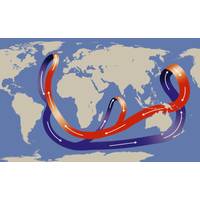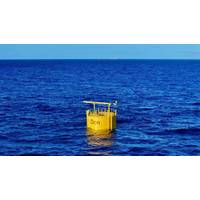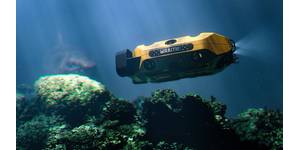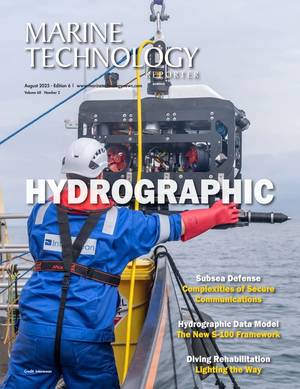
Iceland Identifies Atlantic Ocean Current's Possible Collapse as a Security Threat
Iceland has designated the potential collapse of a major Atlantic Ocean current system a national security concern and an existential threat, enabling its government to strategize for worst-case scenarios, the country's climate minister told Reuters.The Atlantic Meridional Overturning Circulation, or AMOC, current brings warm water from the tropics northward toward the Arctic, and the flow of warm water helps keep Europe’s winters mild.But as warming temperatures speed the thaw of Arctic ice and cause meltwater from Greenland’s ice sheet to pour into the ocean, scientists

EU-Backed Project Deploys OTEC Demonstration Unit off Canary Islands
of the Canary Islands (PLOCAN) test site. The next phase will see the installation and connection of the cold-water pipe, completing the system ahead of full structural testing in the Atlantic environment.During this structural testing stage, the platform will face the rough conditions of the Atlantic Ocean, allowing detailed analysis of its resistance, materials, and design.Advanced sensors from Fugro will record gyroscopic and accelerometer data to monitor the vessel’s motion and, later, the cold-water pipe’s stability, correlating these with local wave data. Previous computer simulations


 August 2025
August 2025





